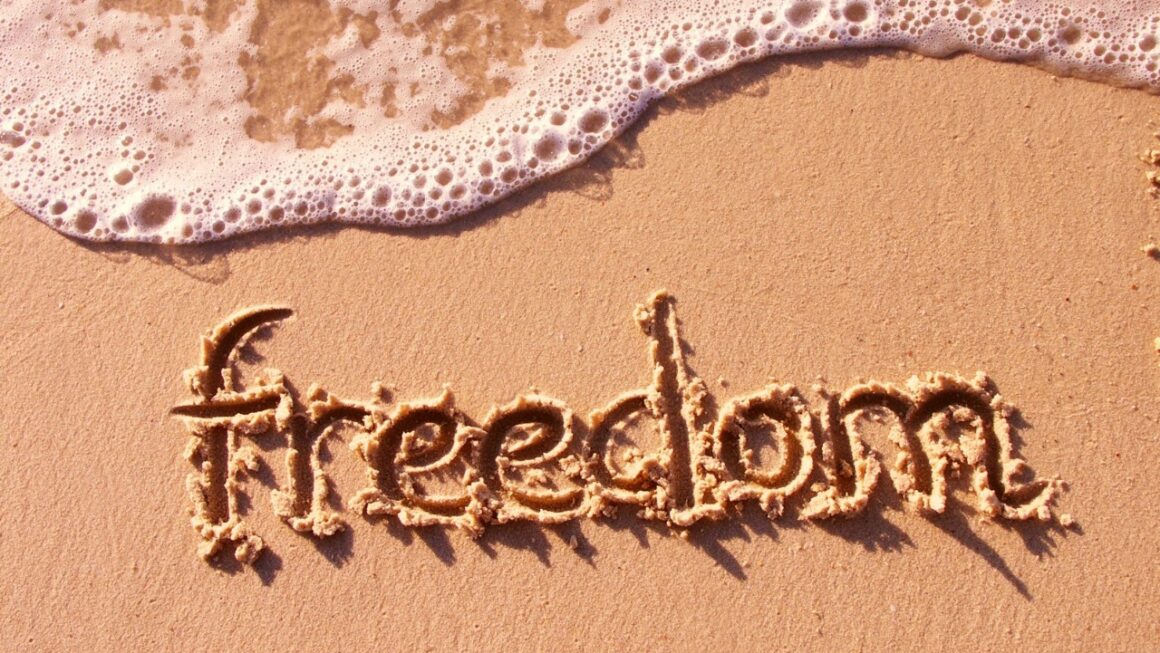This short text is dedicated to be a brief introduction to the subject that, within the fields of research related mainly to political philosophy, but also to the fields of economics and ethics, has come to be called the Ethics of Private Property.
The discussion about the existence of private property, both in relation to its results and its legitimacy to exist, is definitely not a recent content among intellectuals and researchers. The subject, like so many others we have dealt with until today, dates back to Ancient Greece. In Aristotelian thought and in most of the immediately subsequent ones, the private sphere is always inferior to the public one and, in fact, a logic prevailed in which property was seen as communal and should serve the interests of the polis in the first place . As a result, activities that consisted in the pursuit of profit from the transfer of possessions, as commerce is essentially structured, were reprehensible and repudiated as a manifestation of pettiness and, therefore, vice.
In this way, relevant historiographical currents argue that, although private property has always existed to some extent, it gains strength and begins to structure itself as an institution from the advent of the Middle Ages. Murray Rothbard, for example, argues that the modern existence of private property owes much to the first Roman law codes, which considered the act of owning certain objects and lands as a right inherent to the human condition, and also to the later ones, which maintained this position .
As it could not be otherwise, medieval Roman culture and, consequently, its laws were profoundly influenced by Catholic philosophy and the same is observed for the question of property. When recovering the classical Greek tradition, Thomas Aquinas made a point of pointing out that usury and pettiness should indeed be condemned, but the fact that an individual possesses certain goods does not necessarily make him or her incur these vices. In fact, the right to possess is a natural right of man, which has its first expression in his independence, that is, in the act of “self-possession” that is born from the gift of rationality granted to the human race. A more attentive reader will realize that Thomas Aquinas’ considerations anticipate, by four centuries, some of John Locke’s ideas.
In addition to this point, Aquinas argued that private property, to a certain extent, was also desirable, because it is human nature to take better care of what is yours than what belongs to everyone. This is because free access to a scarce resource can deplete it more quickly for everyone, since no one suffers directly from the loss, in this way, a certain level of property that belongs to individuals and not to the collective, can create greater general well being. Once again, the attentive reader will notice that Aquino anticipated the idea of the English economist William Forster Lloyd.
Aquino’s ideas about the self-ownership of human beings and the consequent right to own things were echoed in particular by authors linked to the University of Salamanca, such as Francisco de Vitoria, who used such ideas to weave one of the most elegant arguments against the enslavement of Latin American Indians.
British philosopher John Locke is often regarded as the first great advocate of private property after the Middle Ages. Like his predecessors, Locke attributes property to the character of an irrevocable fundamental right that cannot even be questioned, since it comes from divine origin.
The beginning of Locke’s argument may seem a little confusing, since he relies on Psalm 115 to remind us that God “gave the earth to the children of men”, to affirm that the earth belongs to all. What happens is that, even if the land is in common use, men are still owners of themselves and, consequently, they are also owners of their work and their results. Thus, although the land and all animals belong to all people, the result of a person’s work belongs only to himself. In other words, everyone owns a fruit tree in an uninhabited space, but only those who took the trouble to harvest the fruits own them, similarly, everyone owns a tree seed that can be found at random, but only those who took the trouble to plant and cultivate it is its rightful owner. Thus, property is a product of both the human condition and work.
However, Locke makes a point of clarifying a caveat, we are the owners of everything we produce through our effort and work, provided that the natural resources that are left to be worked on are sufficient for others, in quality and quantity, so, even if some individual could work hard enough for it, he could not ethically take all the goods in the world for himself.
In modernity, perhaps we should consider the American economist Murray Newton Rothbard as the great exponent of the defense of the ethics of private property. Rothbard maintains many of the assumptions of his predecessors, but differs from them by assuming a purist character, where the property right is absolute and not conditioned to other factors and results.
Rothbard also considers property to be an extension of the very existence of mankind and, therefore, the latter deserves the same protection as the former. One of the most dear ideas to the American thinker is that there must, under any circumstances, be the Non-Aggression Principle, which preaches that no individual or group of individuals has the right to use violence to harm another individual or group of peaceful individuals. nor any of its rights, which include the right to possess.
Rothbard’s purist perspective ends up leading to consequences that many, if not the vast majority of authors, classify as radical and exaggerated, for example, according to the Non-Aggression Principle, no individual can be coerced into doing something they do not want under the threat of the use of violence and the same applies to your assets. As a consequence of this perspective, the collection of taxes, for example, is immoral, as it presumes aggression against peaceful individuals who are not willing to cooperate with the collection and, therefore, it is in no way different from ordinary robbery or theft. Another controversial example that can be deduced from Rothbardian ideas is that the tipping or preservation of historical works that were taken from an individual by the government would also be immoral, since their property was taken from them (even with compensation) in favor of a supposed “public property” that is not accepted within his work.
One of the main criticisms of Rothbard’s works is in relation to his idea of freedom from contracts. Like his predecessors, Rothbard believes in the right to self-ownership, which is what legitimizes, for example, a working relationship: someone who owns himself also owns his work and, thus, can sell it to whomever want to buy. But under the purist prism that is proposed, an individual can sell as much of his self-ownership as he wants, once he has complete control over it, to the point where he could freely sign a contract of slavery, but at the moment of signing this contract, the individual would be giving up his self-ownership, which is not possible and presents a logical failure of thought.
Regardless of which theory on the ethics of property may please the reader more or which seems to make the most sense in his eyes, it is important that such ideas are discussed, improved and valued, in order to guarantee the proliferation of these ideas and the defense of their rights. common principles, such as self-ownership and the right to freedom that stem from it, especially at a time of escalating authoritarian governments and institutions.
References
Rothbard, MN (1978). For a new liberty: The libertarian manifesto . Ludwig von Mises Institute.
Locke, J. (2018). Second Treatise on Government . LeBooks Publisher.
Woods Jr, T. (2012). How the Catholic Church Built Western Civilization . Regnery Publishing.
Woods Jr, TE (2015). The Church and the market: A Catholic defense of the free economy . Lexington Books.




